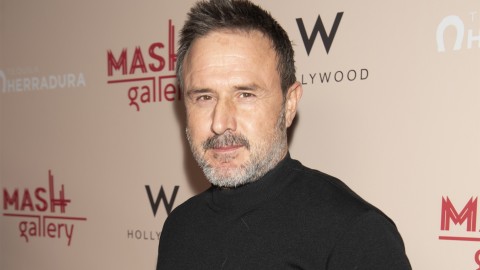
Ukie, the trade body for the UK games industry, has released its UK Games Industry Census. It offers some interesting figures on who makes up the industry and suggests progress is slowly being made.
It’s the second census conducted by the company and the only one of its kind globally. 3,600 industry professionals across the UK completed it. It found that diversity within the industry has improved slightly compared to the previous census taken in 2020.
According to the census, 67 per cent of the workforce is male, while 30 per cent are female and 3 per cent are non-binary. That’s a slight change from the previous census, which found that 70 per cent of the industry was male, with 28 per cent female and just 2 per cent non-binary.
The number of people who reported a sexuality other than heterosexual was up to 24 per cent from 21 per cent. That’s a figure that Ukie reports is significantly higher than in the wider adult population. Most recently, the ONS found that the heterosexuality population in the UK was 93.7 per cent, so there is a significant difference here.
The games industry remains predominantly young, with 61 per cent of the respondents listing their age as 35 or under in 2022. However, that figure reduced slightly compared to 66 per cent in 2020.

The figure for ethnic groups remains roughly the same as before. 66 per cent of the workforce reported that they are White British with 24 per cent as White Other, 5 per cent as Black, 2 per cent as Asian, 2 per cent as Mixed/Multiple ethnicity and a final 2 per cent as other.
Since the pandemic, the number of people who reported they suffered from anxiety, depression, or both, has risen from 31 per cent to 38 per cent of people within the industry.
There are also more neurodivergent people in gaming than the general working-age population. Overall, 18 per cent of respondents reported having at least one neurodevelopmental condition.
Finally, the census demonstrated how working habits have changed in the past two years. By Autumn 2021, 80 per cent of workers were working from home compared to just 9 per cent before the pandemic. Only 10 per cent of people within the industry said they preferred to work from the office in the future. Instead, 52 per cent said they found a hybrid approach to be the ideal solution.

In a statement, the CEO of Ukie, Dr Jo Twist, said, “the result of this year’s games industry census shows that the industry has made progress on building an equal, diverse and inclusive sector, adapting well to the immediate challenges posed by the pandemic, but that plenty of work still lies ahead”.
Ukie supports and manages key industry responsibility campaigns such as AskAboutGames to offer advice about careers in gaming.
In other gaming news, EA Sports has decided to keep Russian advertising in FIFA 22. That’s despite UEFA ending its partnership with the Russian company, Gazprom.
The post Ukie reveals that the UK games industry is slowly becoming more diverse appeared first on NME.






